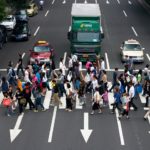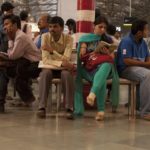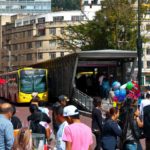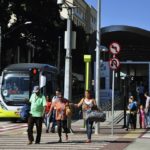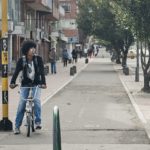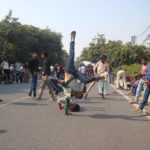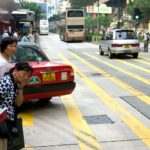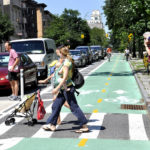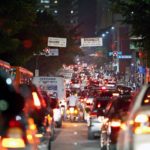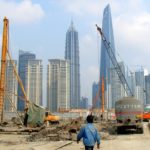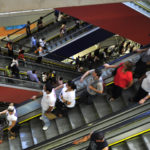Search Results
China’s capital city of Beijing is already home to 5.4 million cars, the most of any Chinese city. The country’s rising wealth means that this is a trend unlikely to stop. This rapid motorization has led to many city government ...

Movies have the power to shape our perceptions of love, of adventure, and of growing up. More subtly, movies also have the ability to shape our perceptions of small things, like how we interpret different cities, clothing brands, and even transport ...

While concerns of violence against women are not new, women’s safety in public spaces has received significant attention in India in the past two years. Cities are seeing increased demands around making public spaces safer for women, ranging from better ...

Yahoo Labs has recently created a mapping algorithm that helps pedestrians find not the shortest route to their destination, but the most attractive one. This is great for visitors who want to spend every second of their time sightseeing in ...

At the 2012 Rio+20 Summit, the United Nations member states began the ambitious process of defining the social and economic priorities for humanity over the next fifteen years. The open and participatory process and the initial negotiations amongst the world’s ...

The BRTData.org global database of bus rapid transit (BRT) data has recently been updated, and the increased number of BRT lines, as well as the length of those lines, reflects the commitment of cities around the world to provide high-capacity ...

We’ve come to the convergence of two parallel stories in technology: it is now cheaper to get energy from solar power than from coal-fired power plants in the United States, and everyday citizens are increasingly able to prototype and cheaply manufacture hi-tech goods. ...

Today TheCityFix has something big to celebrate. We are ranked as one of the Top Blogs for Urban Planners, now for the third year in a row. Since our launch in 2007, we have been working to provide our readers ...

Raahgiri Day, the weekly event that closes city streets to cars to celebrate walking, biking, music-making, and socializing, has expanded beyond Gurgaon, India. The New Delhi Municipal Council (NDMC) together with the New Delhi Police Department has decided to stage ...

China currently has enough roads and infrastructure to accommodate 300 million vehicles. With car ownership reaching 137 million at the end of 2013, and 74 Chinese cities already reporting pollution surging above the level deemed safe by the World Health Organization (WHO) for over two thirds ...

According to the World Health Organization’s (WHO) Global status report on road safety 2013, only 7% of the world’s population is governed by comprehensive road safety laws. In a world that already sees 1.24 million deaths from traffic crashes each ...

While the idea of ‘free time’ is by nature associated with individual choice and being momentarily ‘free’ from the demands of everyday life, the amount and quality of this time we have at our disposal is closely linked to city-wide ...

World Cup fans may be focused on the games, but critics are paying attention to another aspect of the event—its price tag. Brazil spent billions of dollars on World Cup infrastructure, and many are understandably questioning the long-term benefits these ...

SMART at the University of Michigan is honoring enterprises along with cities and states supporting enterprises that are making the world a better place through innovative sustainable transport. The deadline for entrepreneurs to apply is July 7, 2014. We live ...

This article reports on presentations made by Philip Yang, President, URBEM (Urbanism and Urban Studies Institute for the city of Sao Paulo), Jianming Cai, Professor at the Institute of Geographic Sciences & Natural Resources Research (IGSNRR), Chinese Academy of Sciences (CAS) and Alexandros Washburn Founding Director, Center for ...

Page 89 of 227« First...1020...888990...100110...Last »






